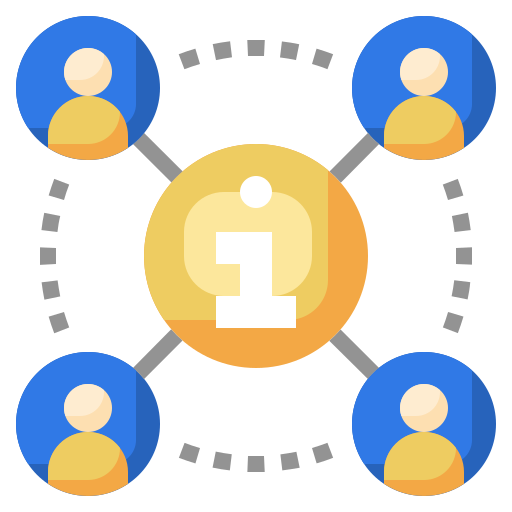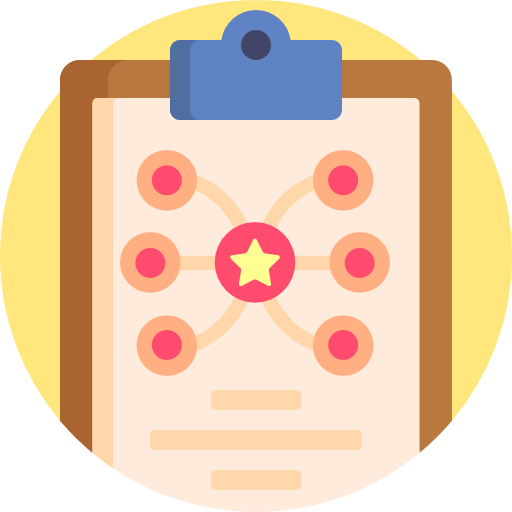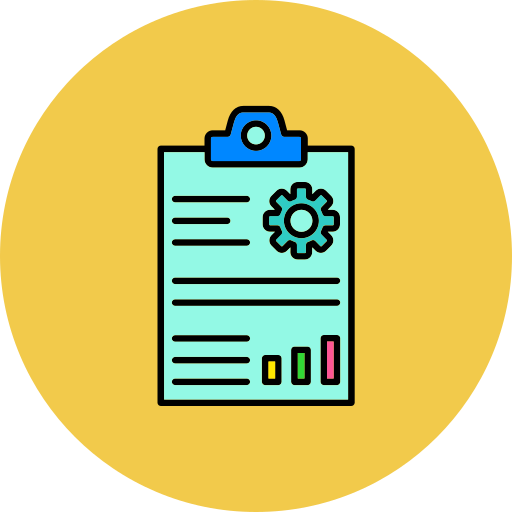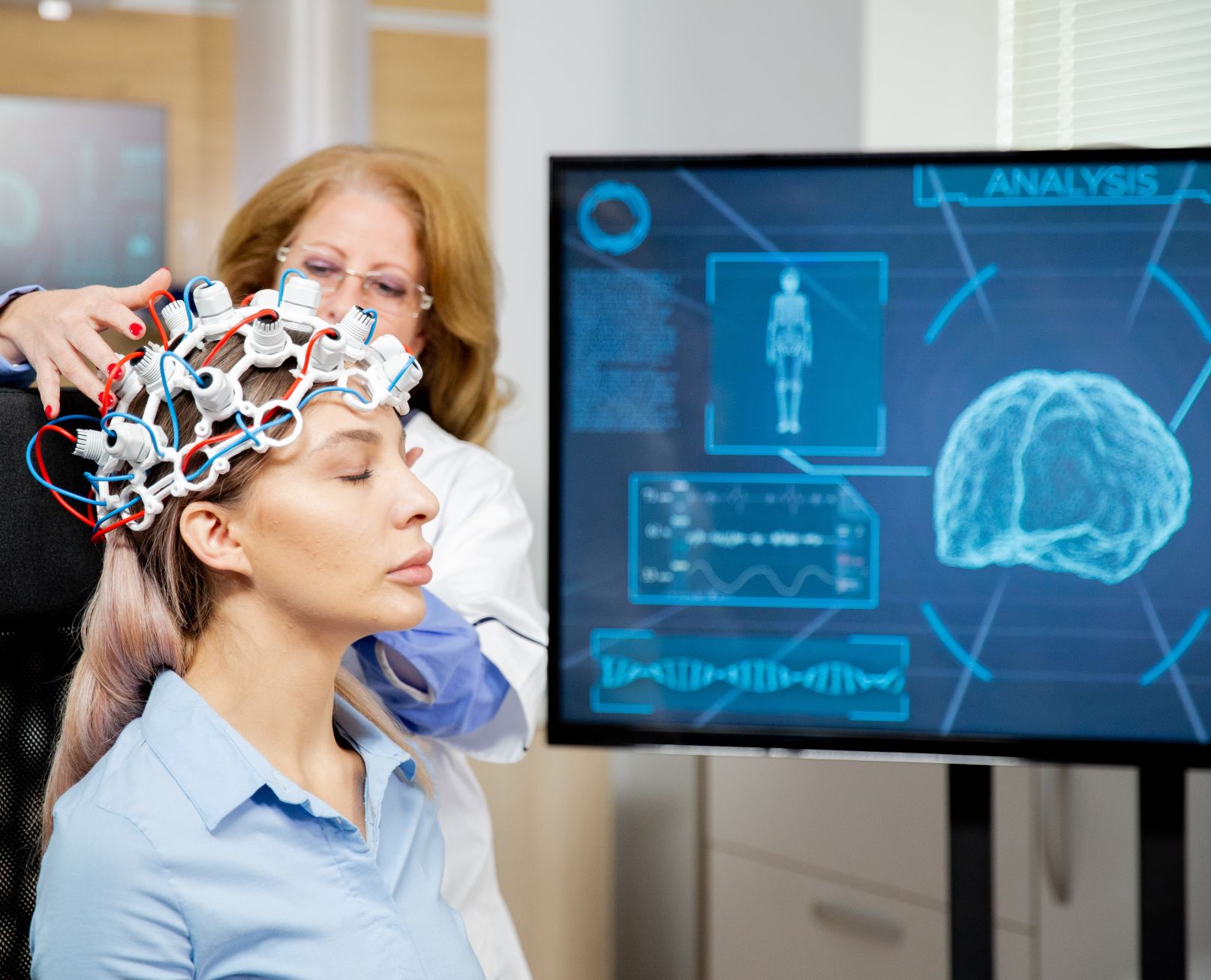Follow Us :
enquiries@glowingpsychology.com
Cognitive assessments are standardized evaluations that measure how an individual thinks, learns, and processes information. They examine a range of mental abilities, including memory, attention, problem-solving, language, and reasoning skills. These assessments help identify areas of strength and difficulty, offering valuable insight into how a child, young person, or adult learns best. The goal is to build a comprehensive understanding of cognitive functioning, which can guide tailored educational plans, workplace support, or clinical interventions.

We’re with you every step of the way
We collect data from multiple sources — parents, teachers, school records — and explore developmental, cognitive, and literacy history.
We collect relevant developmental, educational, and medical history, as well as insights from parents, teachers, or caregivers.
Please note: If there is a strong indication, we will invite you to progress to the next phase.

Step
2

Step
3
Results are carefully analyzed and summarized in a comprehensive report highlighting strengths, challenges, and tailored recommendations.

Step
4
A feedback session is held to review findings, answer questions, and create a personalized support plan for home, school, or workplace settings.


A cognitive assessment provides more than just test scores—it creates a profile of an individual’s unique abilities. By exploring skills such as verbal comprehension, working memory, visual-spatial reasoning, and processing speed, these assessments highlight learning patterns that might explain academic struggles, behavioral challenges, or developmental concerns. The results allow families, educators, and professionals to design strategies that foster growth, build confidence, and support long-term success.
Cognitive difficulties can present in different ways depending on age, environment, and individual strengths. Some common signs that may indicate challenges with cognitive functioning include:



If you have any queries about our Cognitive Diagnostic Assessments for adults or would like to discuss your requirements with us, complete the short form below and one of experienced, certified specialists will be in touch within 24 hours.
All the services we provide are charged for.
We operate as a not-for-profit independent organisation. This means you can always be assured that our fees are the lowest we can reach while maintaining the highest quality of assessment and support.
Please get in touch with the admin team for any specific queries about pricing.
No. Our clinicians can only provide a diagnosis if they believe you meet the diagnostic criteria. It would not be possible or ethical to guarantee a diagnosis. Complex histories or external factors may impact outcomes. We cannot refund fees based on diagnosis absence, as our service provides a rigorous UK best practice model assessment, not a specific diagnosis.
Yes. Our Adult Autism Assessment includes the Diagnostic Interview for Social and Communication Disorders (DISCO), conducted by an experienced psychologist or psychotherapist which is an inclusive Autism assessment tool particularly useful for assessing Autism in women and non-binary people. This is followed by an assessment by a neurodevelopmental specialist psychiatrist to ensure a comprehensive evaluation.
Yes, our clinicians are experienced in understanding masking complexities. Share information about how your child masks and their coping strategies during the assessment. Encourage your child to share how they feel with the clinicians. It is important that the clinicians have enough evidence to support a diagnosis, think about different settings that your child’s symptoms present in and share information with them.
The clinician’s must be able to evidence that the symptoms are present in a setting outside of home such as school, or an extra curricular activity. A professional in one of these settings will need to fill out pre-assessment questionnaires about your child’s symptoms and traits.
No, we don’t prescribe medication for ADHD.